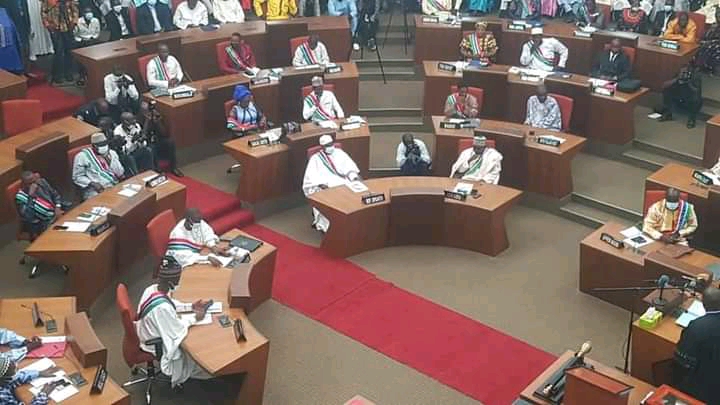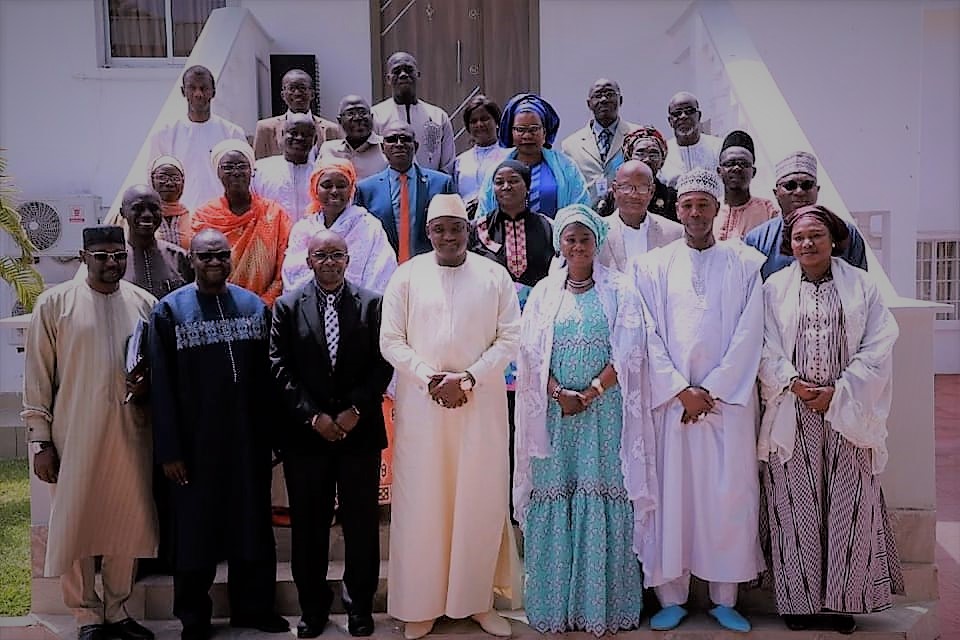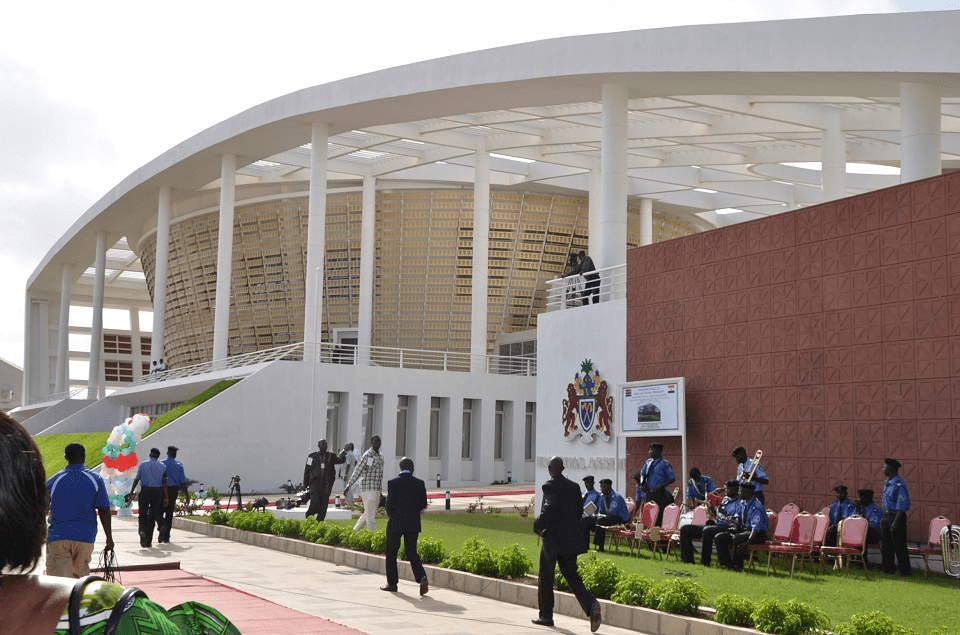
“Beware of false knowledge; it is more dangerous than ignorance.” – George Bernard Shaw.
Ignorance can be overcome, but false knowledge is a far greater peril. Gambians must exercise discernment when engaging with voices on social media and in echo chambers.
Many of these individuals are not informed experts but rather agitators and attention-seekers, relying on unfounded theories and borrowed ideas instead of solid knowledge.
It is essential that we entrust constitutional matters and governance to those who possess a genuine understanding of these subjects and a heartfelt commitment to our nation—free from partisan agendas or self-serving ambitions.
Engaging with those who lack principle and expertise can lead us down a misleading path, providing unfounded confidence in flawed beliefs. In a world overflowing with information, critical thinking stands as our most powerful safeguard against misinformation.
The debate surrounding presidential term limits in The Gambia is fraught with contradictions and complexities that threaten the nation’s democratic future.
Various opposition groups, who often present themselves as activists and feminists, alongside supporters of former dictator Yahya Jammeh, are using manipulative tactics to distort the dialogue and impede efforts to create a new constitution.
Their primary objective appears to be preserving Jammeh’s legacy, which is deeply entrenched in the outdated 1997 constitution. The rejection of the bold 2020 draft constitution, which included essential term limits, by the National Assembly was a major setback for democratic progress.

The Gambia now finds itself at a critical crossroads. While opposition figures, self-styled activists, former Jammeh supporters, and opportunistic legal players seem intent on undermining the foundational democratic processes, it is crucial to recognise that no constitution is flawless.
Constitutions are dynamic documents that must evolve through amendments and adaptations to reflect the contemporary aspirations of the people.
The 1997 Constitution, crafted under the oppressive Jammeh regime, lacks term limits and no longer serves the interests of the Gambian populace. With the National Assembly’s rejection of the 2020 draft, it is imperative to rally behind the new 2024 draft constitution.

This draft not only reintroduces term limits but also presents a pivotal opportunity for a third republican constitution that can foster a transparent, accountable, and genuinely democratic governance in The Gambia.
However, it is essential that this new draft addresses the critical concerns raised in the 2020 proposal, including the chapter on “Leadership and Integrity” and the contentious issue of the retroactive application of term limits.
The Gambian people must engage in constructive dialogue and actively participate in the constitutional process to ensure that the final document embodies our shared aspirations and upholds the principles of good governance.
Achieving a consensus on a new constitution is not just important—it’s essential. Mobilizing greater participation in this process demands open communication, robust education, and the active involvement of all stakeholders, including opposition parties, civil society, and the general populace.
Together, we can forge a constitution that genuinely serves the best interests of The Gambia and secures a brighter future for its citizens.
In light of these challenges, the executive has proposed a new draft constitution for 2024, once again advocating for term limits.

If this essential draft fails to gain the approval of the National Assembly, The Gambia will remain shackled to the antiquated Jammeh-era constitution, which dangerously lacks term limits.
Such a scenario would be a tremendous setback, allowing Jammeh’s allies to continue manipulating the political landscape and undermining the will and intelligence of the Gambian people.
The time to act is now; we must seize this moment for change and demand a brighter, more democratic future.
By Alagi Yorro Jallow











Recent Comments